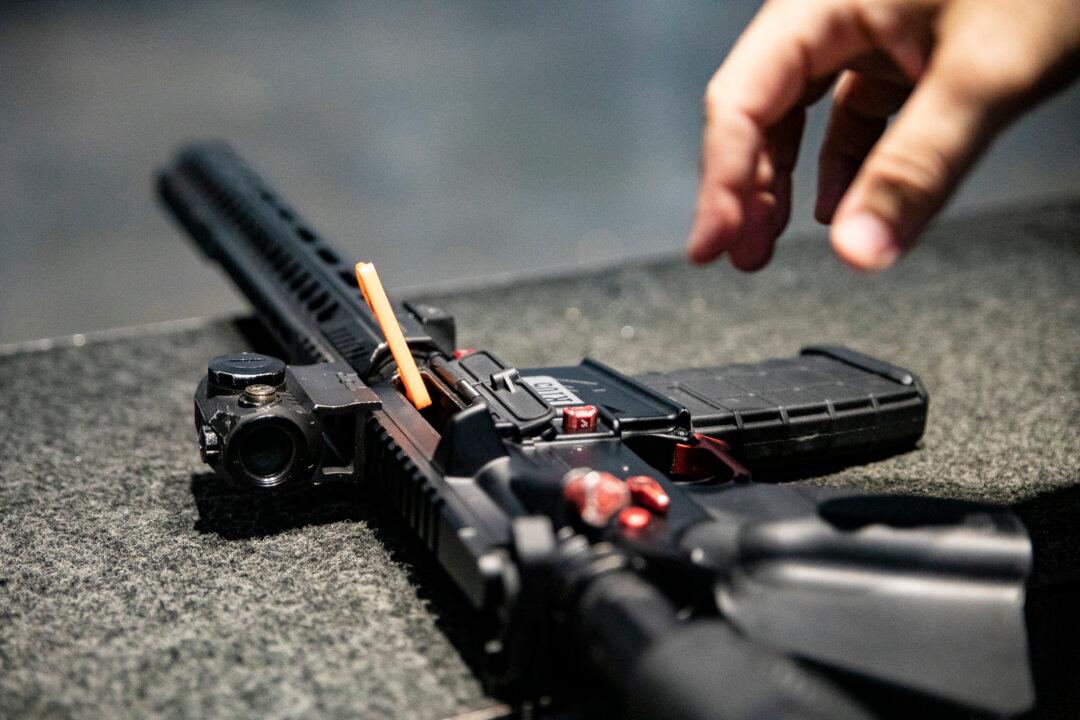A federal appeals court has left intact Maryland’s ban on so-called assault weapons, including AR-15s.
The full U.S. Court of Appeals for the Fourth Circuit ruled on Aug. 6 that the ban, which also covers AK-47s and Barrett .50 caliber sniper rifles, does not violate Marylanders’ rights.





